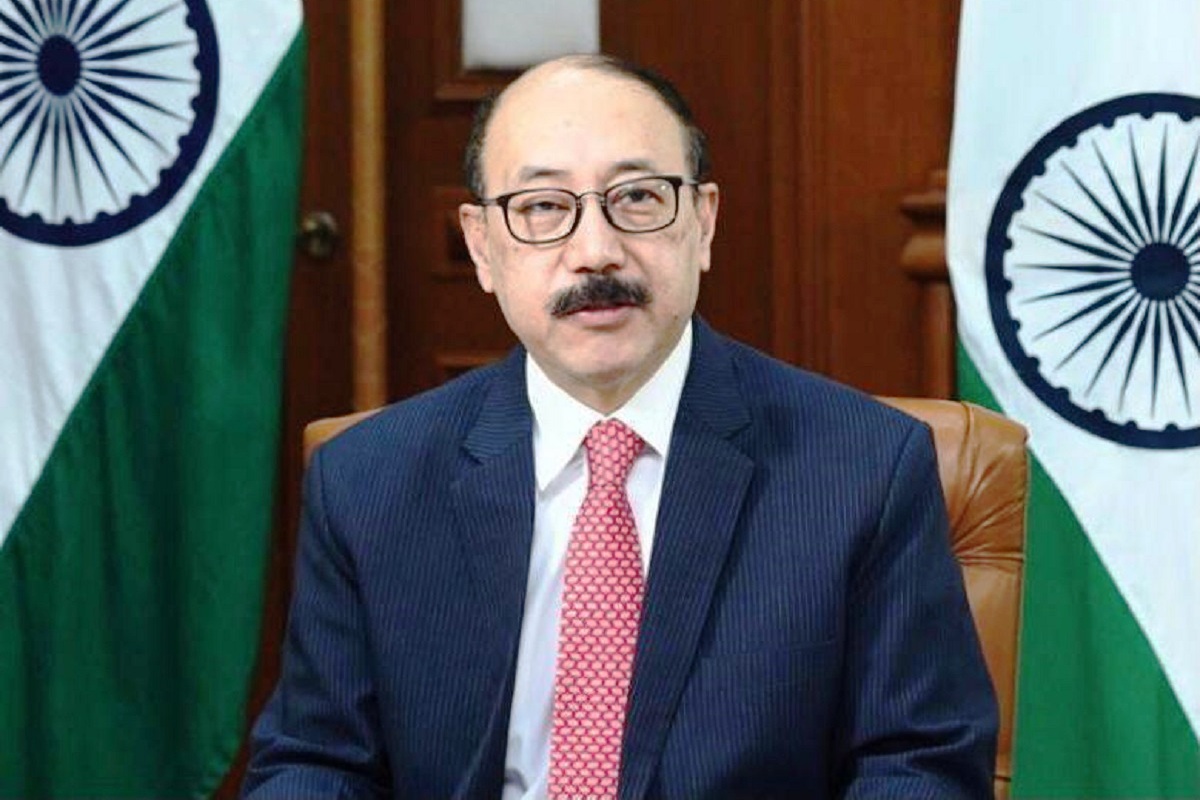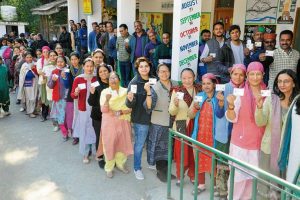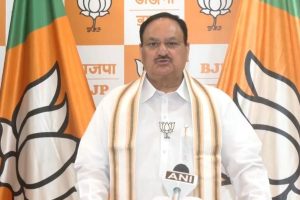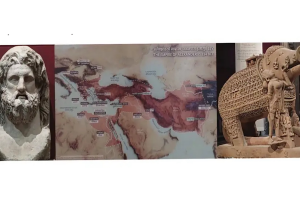India’s response to developments in Myanmar over the past three decades has largely been measured, but it has been based on twin fears ~ that it could rock the boat in the sensitive north-east, and that it could push the country’s military rulers even more firmly into China’s camp. Ergo, the two-day visit of the foreign secretary to the neighbouring country is doubtless a critical instance of meaningful diplomacy.
Rightly has Harsh Vardhan Shringla called for the restoration of democracy “at the earliest”, indeed the revival of a concept of governance that has been a scarce commodity in the neighbouring country, specifically during the prolonged incarceration of Aung San Suu Kyi and the predominance of a repressive military. Sad to reflect that the foreign secretary’s request for a meeting with Suu Kyi was turned down by the military leadership that is now in power.
Mr Shringla did meet the leadership of the National League for Democracy. Rightly too did he raise the ambush of an Assam Rifles convoy in Manipur’s Churachandpur district, in which seven people were killed last month, specifically the Commanding Officer of 46 Assam Rifles, Colonel Viplab Tripathi, his wife, their six-year-old son and four jawans.
The foreign secretary has underlined the imperative to maintain peace in the periphery of Myanmar, which shares a 1,600- km border with India. The junta has assured India that it will not support the “anti-India” insurgent groups. Both India and Myanmar have stressed their commitment to ensure that their respective territories would not be allowed to be used “for any activity that is inimical to the other”, going by the MEA statement.
Mr Shringla has called for measures that are rather unlikely to be pleasant to the ruling junta. Chief among these are the release of detainees and prisoners, pre-eminently Suu Kyi. Other suggestions include the resolution of issues through talks; and “complete cessation” of all violence. The MEA statement is not explicit on whether the words “all violence” include the almost relentless repression since the coup in February this year and the imprisonment and the recent sentencing of Suu Kyi to four years in jail.
The foreign secretary has sought to give an impetus to the return of democracy. “India has been involved in the process of democratic transition in Myanmar. India proposes to renew these efforts for Myanmar to emerge as a stable, democratic and federal union.” The MEA needs to walk the talk not the least in the context of the raging ferment in Myanmar.
Notably Mr Shringla’s visit also had a social facet, chiefly humanitarian and medical support. Apart from announcing a grant of rice and wheat, the foreign secretary is reported to have handed over Covid vaccines to the beleaguered country. Pledging support for the Asean initiative, the foreign secretary hoped that progress would be effected in a pragmatic and constructive manner.
Regretfully, the two cannot be taken for granted by the government in Naypidaw, helmed by the military











